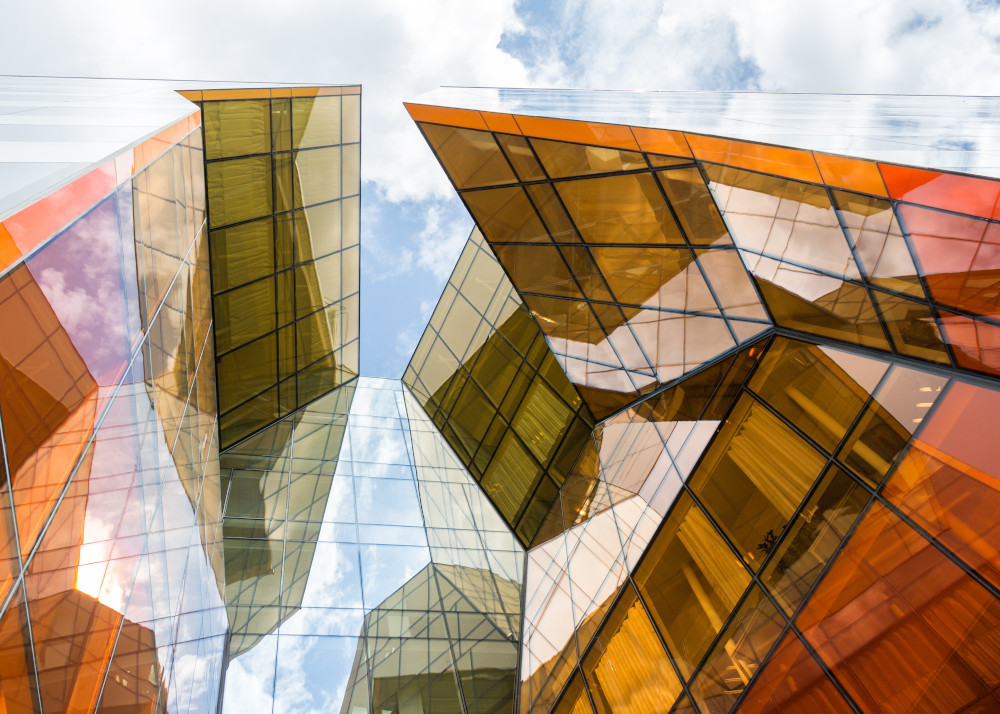APJeT raising capital for plasma tech while mulling sterilization business divest – CEO
APJeT is seeking USD 10m to accelerate sales of its proprietary plasma technology as the Centripetal Capital Partners-backed company prepares for anticipated breakout growth, said CEO Bentley Park.
Morrisville, North Carolina-based APJeT is working with Michael Reeves of QuiVive Global Advisory, which targets sustainability and impact-oriented funds, Park said. The process is targeting investors in the US and Europe, the latter where APJet soon expects a significant footprint, according to Park.
APJeT has raised approximately USD 25m in total outside capital. It aims to close the current minority round by the end of 1Q23, Park said. Centripetal Capital, which invested in the business in 2010, will maintain its majority position, he added.
Park said APJeT will likely exit in 2025 to a private equity buyer, though he did not rule out a strategic sale or IPO. If APJet successfully completes this financing, there should be no need for additional capital raises, the CEO noted.
According to Park, APJeT is projecting revenue of USD 2.5m this year, USD 10m next year, USD 35m in 2024 and USD 90m in 2025. It will shift into profitability in 2023, with a target EBITDA margin of 20%-30%, he said. The company last year brought its manufacturing in-house, which is contributing to cost savings.
APJeT was founded in 2000 but sales did not meaningfully increase until after Park – a chemical engineer and former Honeywell executive – was hired as CEO in 2018.
Park mentioned that APJeT is around a year behind the revenue projections he cited in a December 2021 Mergermarket report as the company developed two major new product applications since then, thereby “changing the composition” of the business. The previous report also stated that APJeT was looking to raise USD 10m from outside investors, but the company instead completed a small, undisclosed internal round, Park explained for this report.
APJeT’s core catalyzed coating technology uses no heat or water, providing a sustainable and cost reducing alternative to conventional textile finishing. Products include release liners and film sheets used to prevent a sticky surface from prematurely adhering (i.e., “peel-and-stick”) while its advanced process can reduce paper weight and potentially cut costs up to 20%, according to Park.
Though the technology can be used by a variety of markets, APJeT is now focused on the paper market after COVID “transformed the world into a delivery economy” and substantially increased the number of packaging labels, the CEO said.
European demand
Because its coating can be recycled, APJeT is fielding increasing demand from Europe. Park cited the European Commission’s overall recycling target for 2025 of 65% of all packaging by weight, while noting that traditional silicon coating is not recyclable and must first be removed.
Since APJeT anticipates a significant footprint in Europe, it may be in the market for a European law firm and accounting firm in around six months, Park mentioned.
APJeT’s second and newer major application, its surface activation technology, “really took off” the past six months, Park said. Its fast speeds and cool temperature plasma contribute to improved dyeability and printability and increased bond strength and adhesion of up to 10 times, according to Park.
That division is primarily targeting makers of HDPE pipe, a type of flexible plastic pipe used for fluid and gas transfer that is often used to replace ageing concrete or steel mains pipelines.
Because of the much longer sales cycle for its core coatings business, APJeT’s surface activation division is now expected to comprise the lion’s share of revenue in 2023, at around 80%, Park said. The coatings business is forecast to overtake the lead by 2025 and comprise roughly 70% of sales by 2027, with half of that revenue recurring from the coating needed for the polymerization machines, the CEO explained.
Divestiture considered
APJeT has its hands full with the aforementioned solutions and therefore has “limited resources” to market its surface sterilization and air disinfection business, according to Park. The company is considering divesting the business and is entertaining inbound interest. It may decide to launch a formal process next year or choose to wait and more aggressively market the business in 2024, Park said.
Independent testing has shown that APJeT’s proprietary surface and air technologies can kill COVID-19 on surfaces and in the air to a level of 99.9999% – within 90 seconds. It also achieves a “total kill” rate for other flu and cold viruses, and bacteria such as MRSA, according to Park. In the biotech sector, the technology has been shown to eliminate all biological material, including RNA and DNA, he added.
Though COVID-driven sales have come down, the surface sterilization technology remains in high demand from US biotech companies, while its air disinfection systems are being used globally by the transportation and corporate jet markets, Park said.
The business has “tens of customers” and is generating around USD 1m in revenue per year with no proactive sales or marketing, though Park said the value is its unique, patented technology. The most logical buyer, according to the CEO, is a strategic player in the chemicals business – such as Siemens or Honeywell – that could use it as an add-on product.
APJeT has close to 20 employees. The company uses law firm Lev Berlin & Sousa and accounting firm TMF Group.










